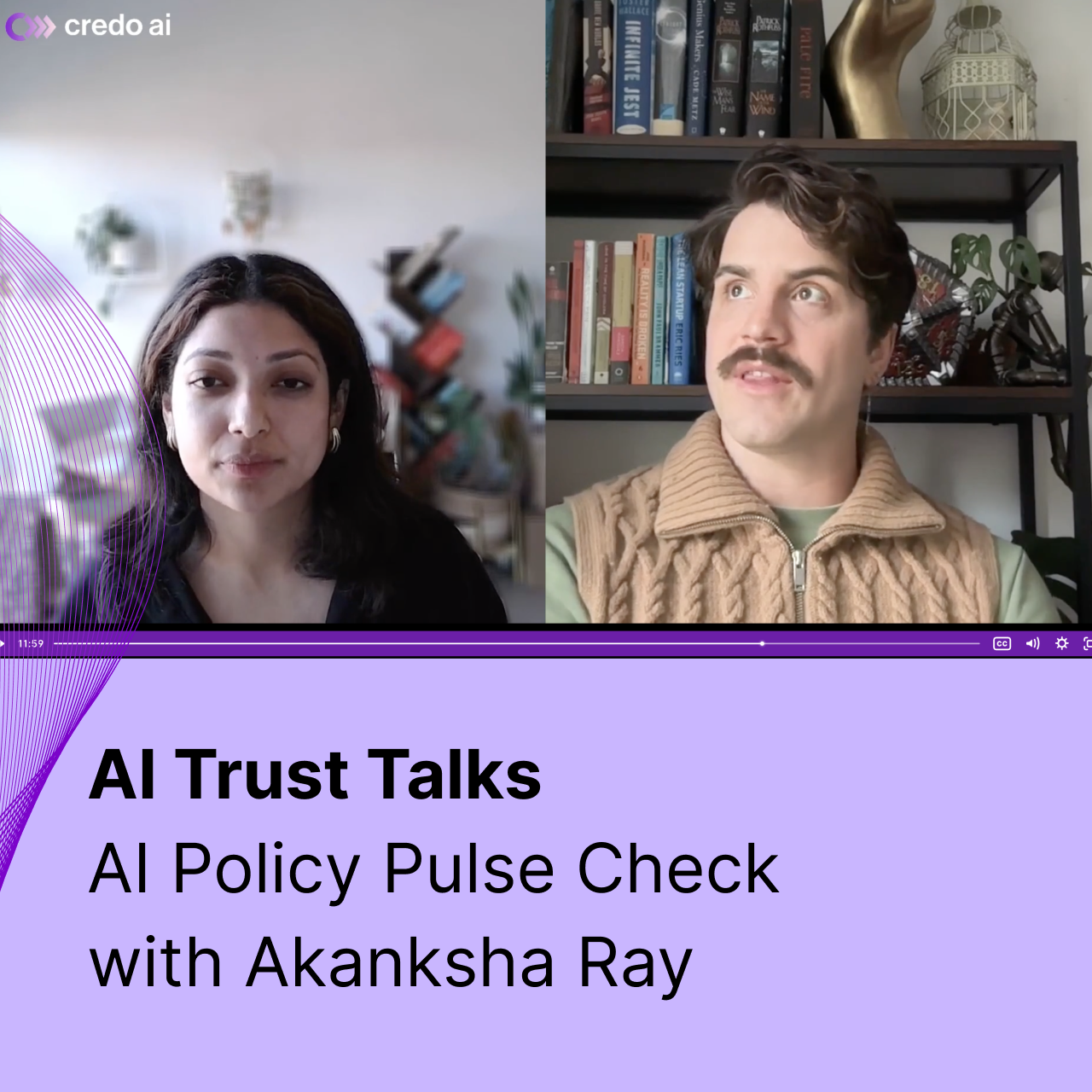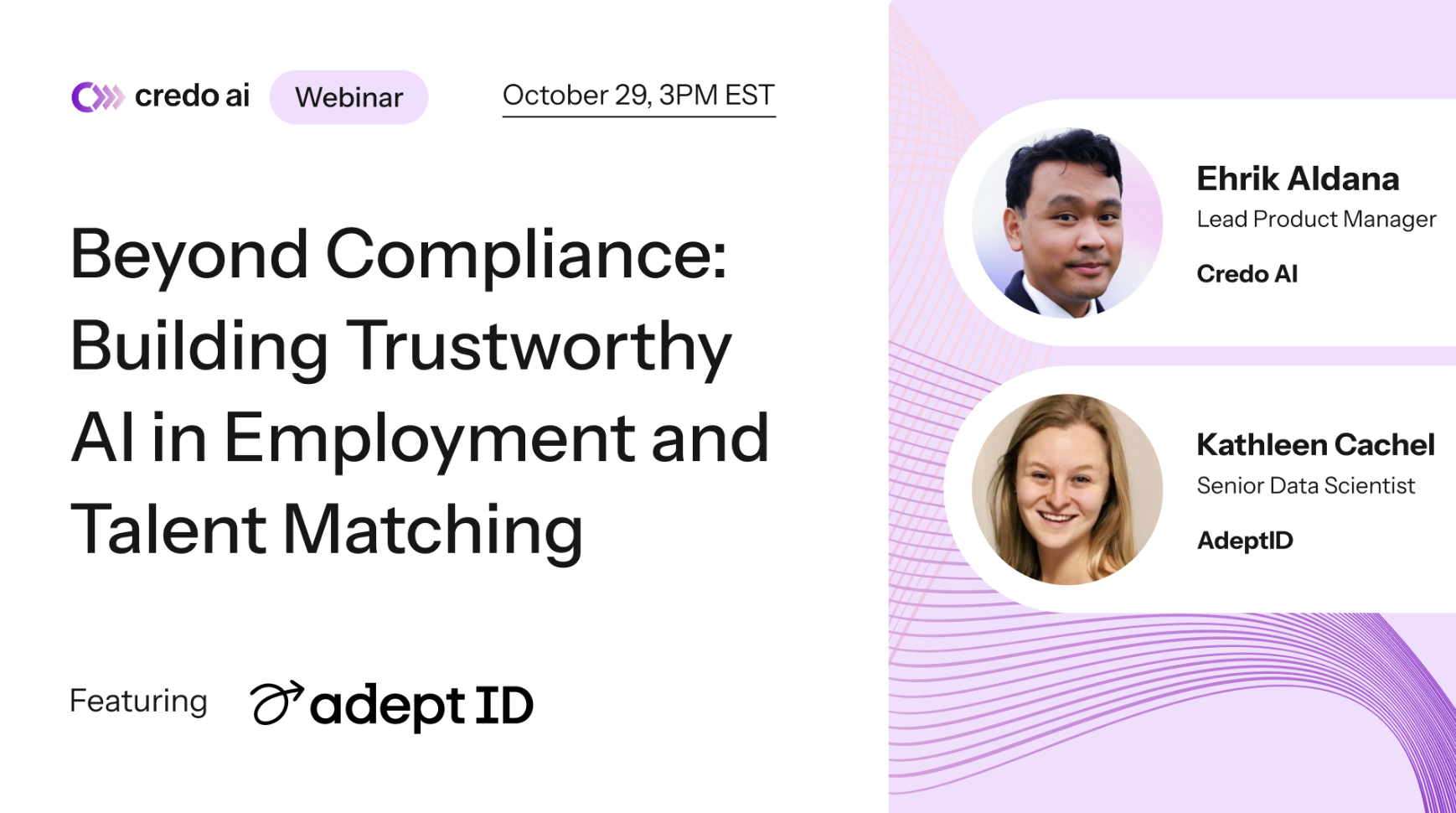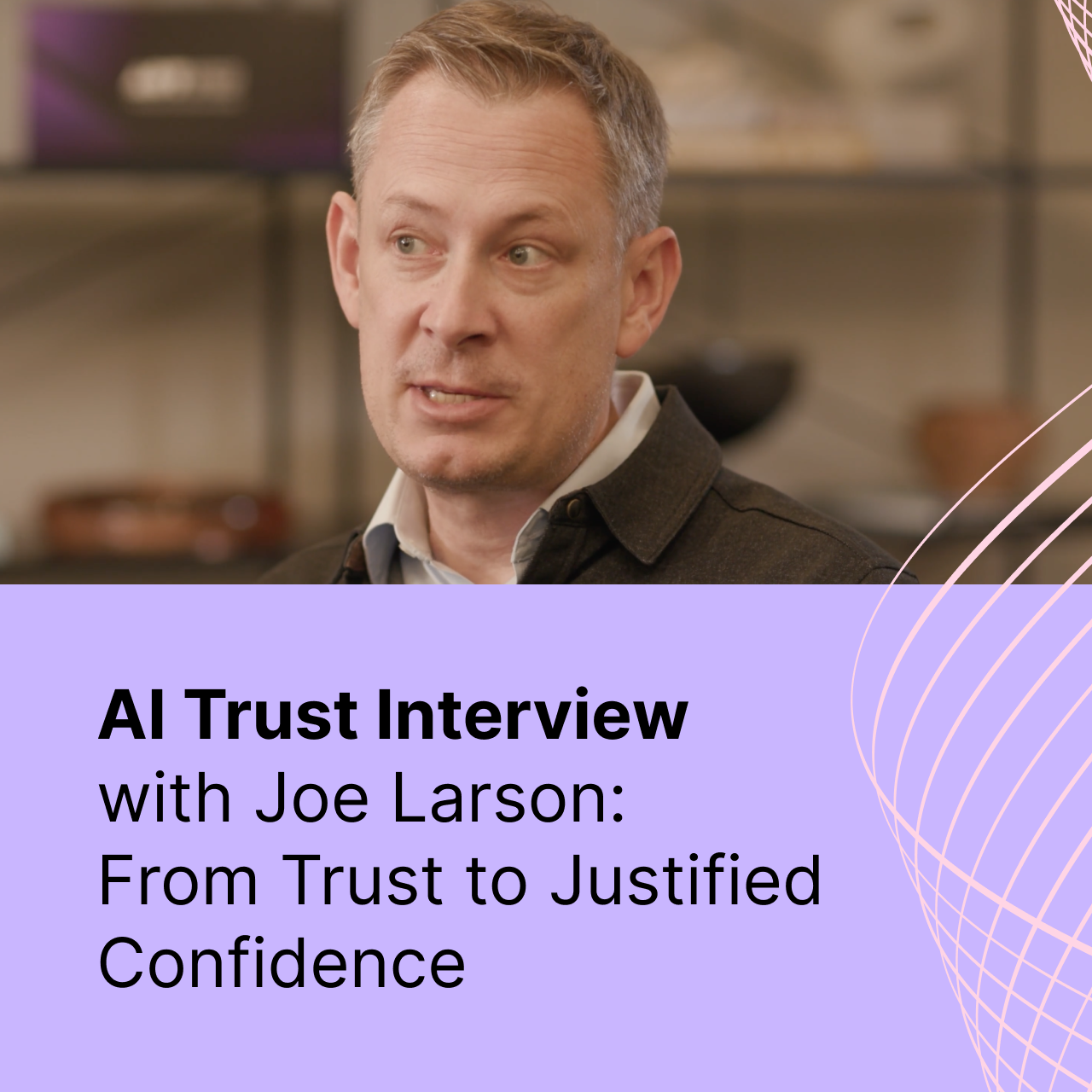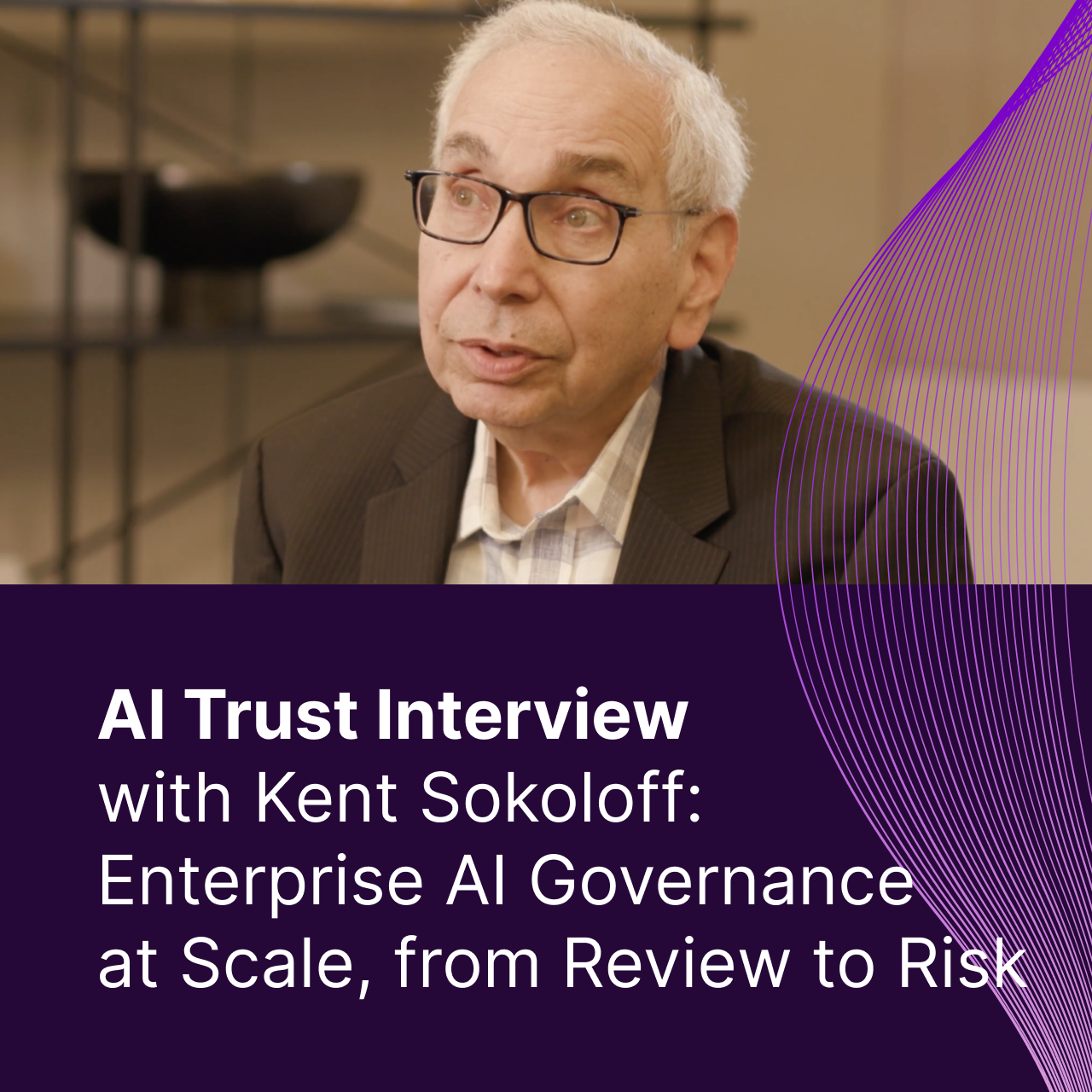Resources
Explore curated content on AI governance and responsible AI, including the latest regulations, standards, and risks in AI and Generative AI.

Thank you! Your submission has been received!
Oops! Something went wrong while submitting the form.
Thank you! Your submission has been received!
Oops! Something went wrong while submitting the form.
Latest company news
No filtered results
Search site?
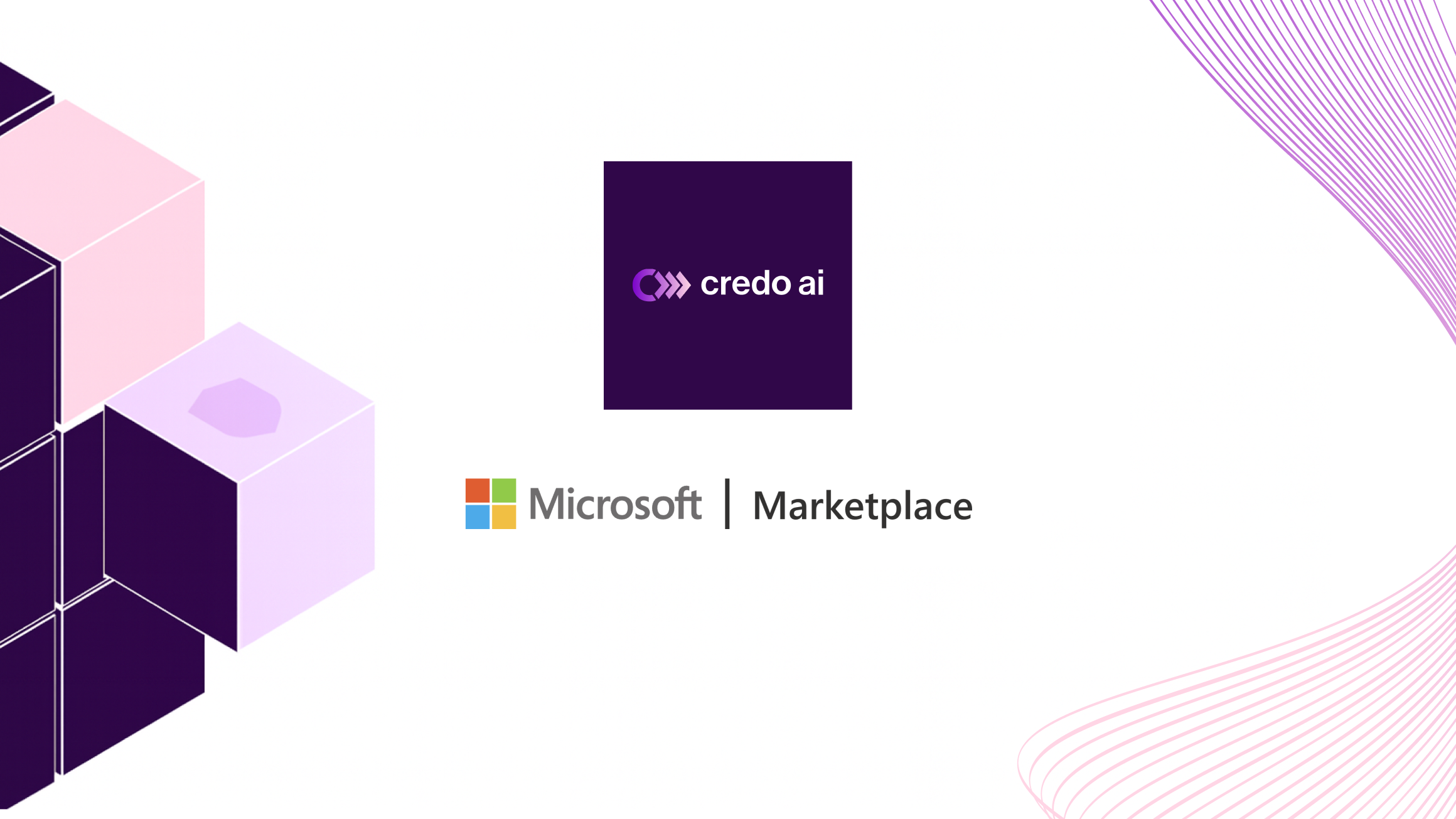
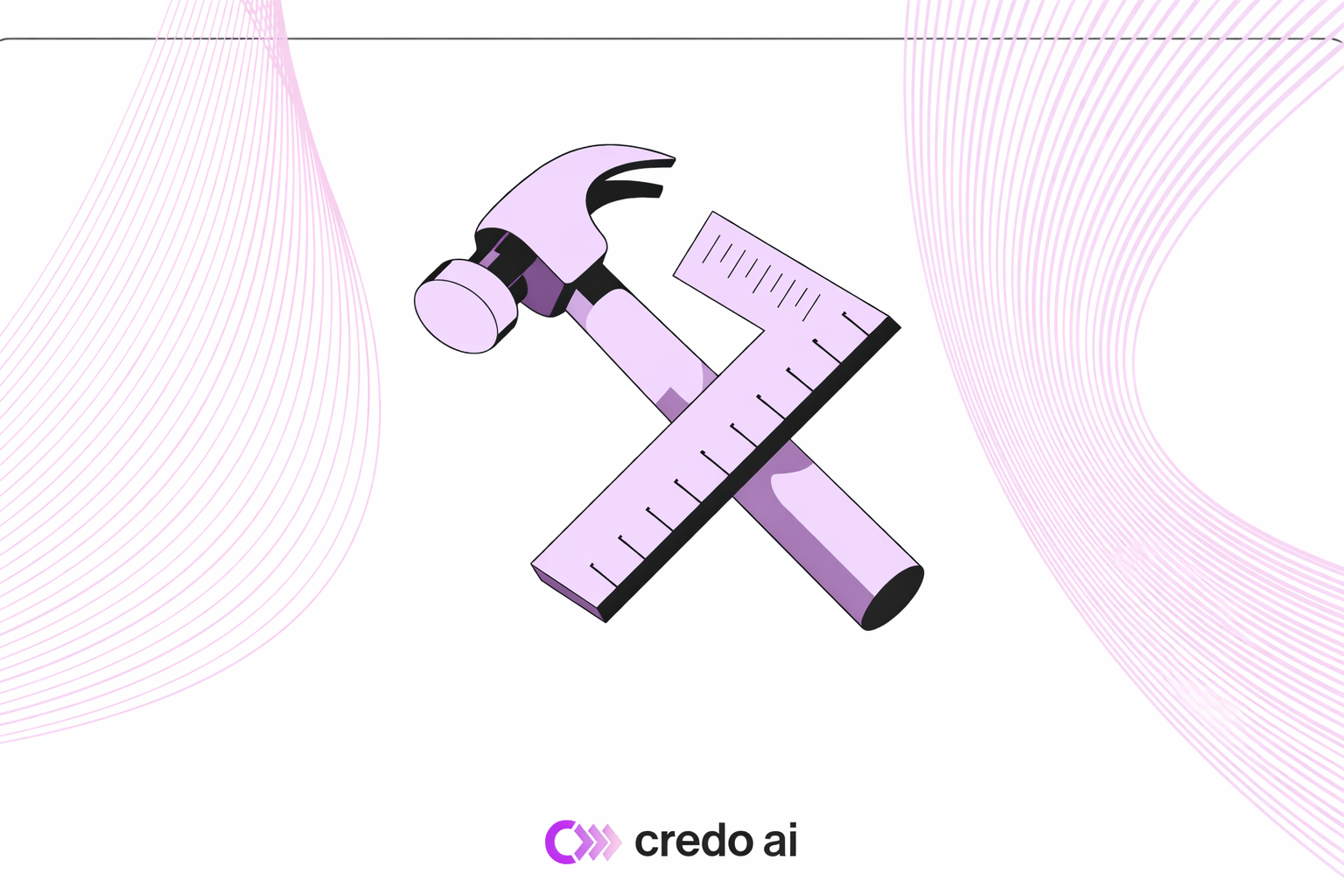















.webp)
.webp)








